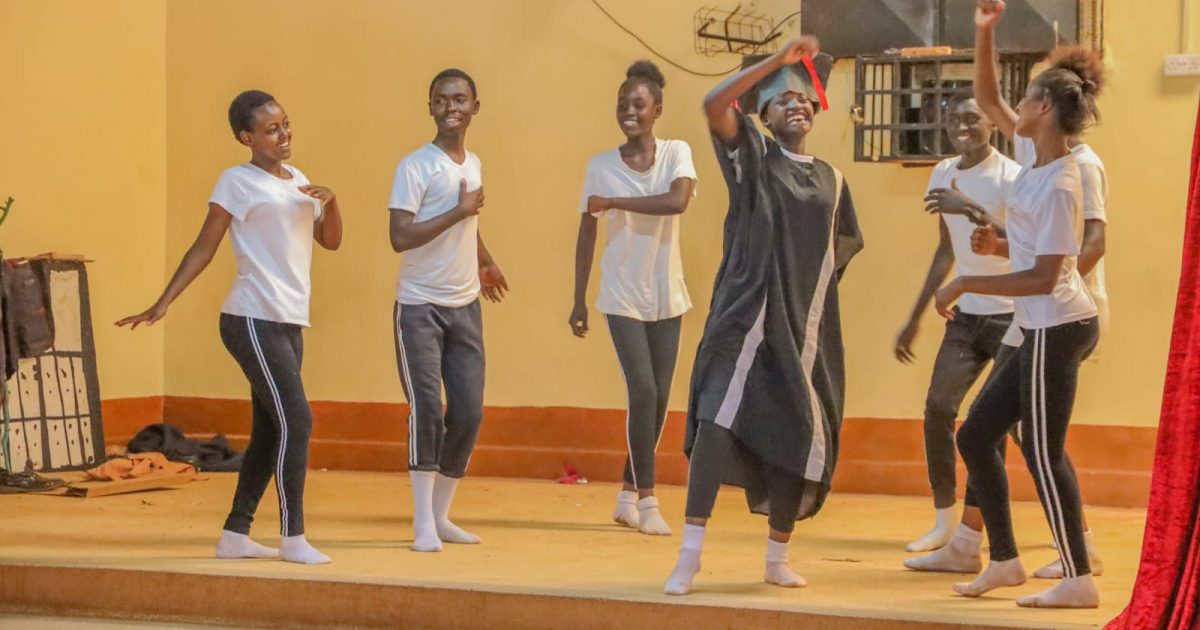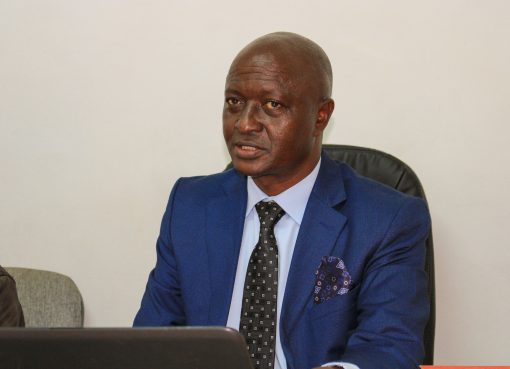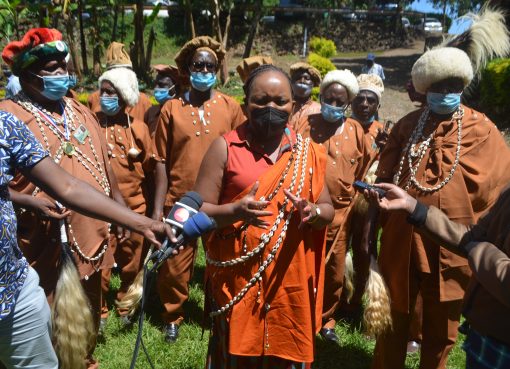A learning institution in Nakuru is promoting youth participation in drama and film as an intentional strategy to pass on compelling messages about moral values, climate change, health issues and food security.
According to Roots Academy’s headmaster, Mr Collins Odhiambo, by amplifying Grade 3 pupils’ voices through drama, the young generation adds their voice to the existing social economic environment and sensitises each other persuasively to be the transformative change agents.
Odhiambo indicated that, from a holistic perspective, the institution uses drama to foster inclusion and alienate stereotypes, thus promoting moral values and national and cultural aspirations.
The head teacher disclosed that the institution had developed a creative talent ecosystem where budding playwrights and music composers were being encouraged to create content that promoted national moral values and peaceful co-existence.
Speaking during the institution’s cultural day, the head teacher indicated that theatre and music must not be used to exhibit acts and messages that promote ethnicity, nudity or violence.
“If used appropriately, drama and music have the greatest potential for promoting patriotism, national unity and high moral values,” said Odhiambo.
The head teacher observed that in the wake of technological advancement that has increased uptake of social media, the country was grappling with challenges posed by undesirable content posted by both local and foreign music composers and content developers.
The head teacher was happy that the Ministry of Education was committed to nurturing and promoting the competencies of the participants from an early age and called on the Nakuru County government to start looking at performing arts and creative writing as sources of employment as it was a multi-billion industry that Kenya must exploit through development of talent.
Odhiambo noted that theatre and performing arts were crucial in shaping attitudes and preferences of the country’s young generation, adding that issues like corruption, negative ethnicity and lawlessness should be tackled by being portrayed as undesirable things in any society.
“Inculcating positive moral values and high social standards in children at an early age amounts to setting the foundation for dismantling ills that have bedevilled this country for generations, particularly bad politics and corruption,” noted the Head teacher.
He further said that in times of tension, drama and music had the capacity to whittle down mistrust, adding that through music, the country’s history could be preserved for posterity.
Deputy Head Teacher Mr Cleophas Mutai pointed out that using drama and film as a forum to disseminate messages about moral values, climate change, health issues and food security was in line with Competency Based Curriculum (CBC), which advocates for the holistic growth and development of a child.
He stated that CBC will provide solutions to some of the problems ailing our society, such as indiscipline and general lack of moral values.
Mr Mutai indicated that drama and film can be used to disseminate information about conflict resolution, human rights, and other topics that are important for peacebuilding. He added that it can also be used to broadcast messages that promote peace and tolerance and challenge damaging narratives and stereotypes.
“It also serves as a medium for people to share their perspectives, experiences and ideas and engage in constructive dialogue to address conflicts”, added Mutai.
Drama and film can also reach remote and marginalised communities that may not have access to other forms of media or information. Further, the genres can support peacebuilding initiatives by amplifying voices of peace activists, promoting peace-oriented events and covering peace-related news and issues.
Overall, radio can play a crucial role in promoting peace and stability, by fostering dialogue, encouraging understanding, and providing a platform for diverse voices and perspectives,” stated the Deputy Head Teacher.
A parent, Ms Sarah Kiarie, stated that it is through changing the younger generation’s mindset that the country can restore the lost sense of oneness and brotherhood it once shared and strove to uphold.
“Our ‘moral revolution’ must surely start somewhere, and soon. It must commence at the individual level because charity begins at home. In old days, people believed in virtues like courtesy, kindness and patience. Kenyans, back in the good old days saw much value in doing the right thing. Being a person of virtue was laudable,” she said.
By Esther Mwangi





